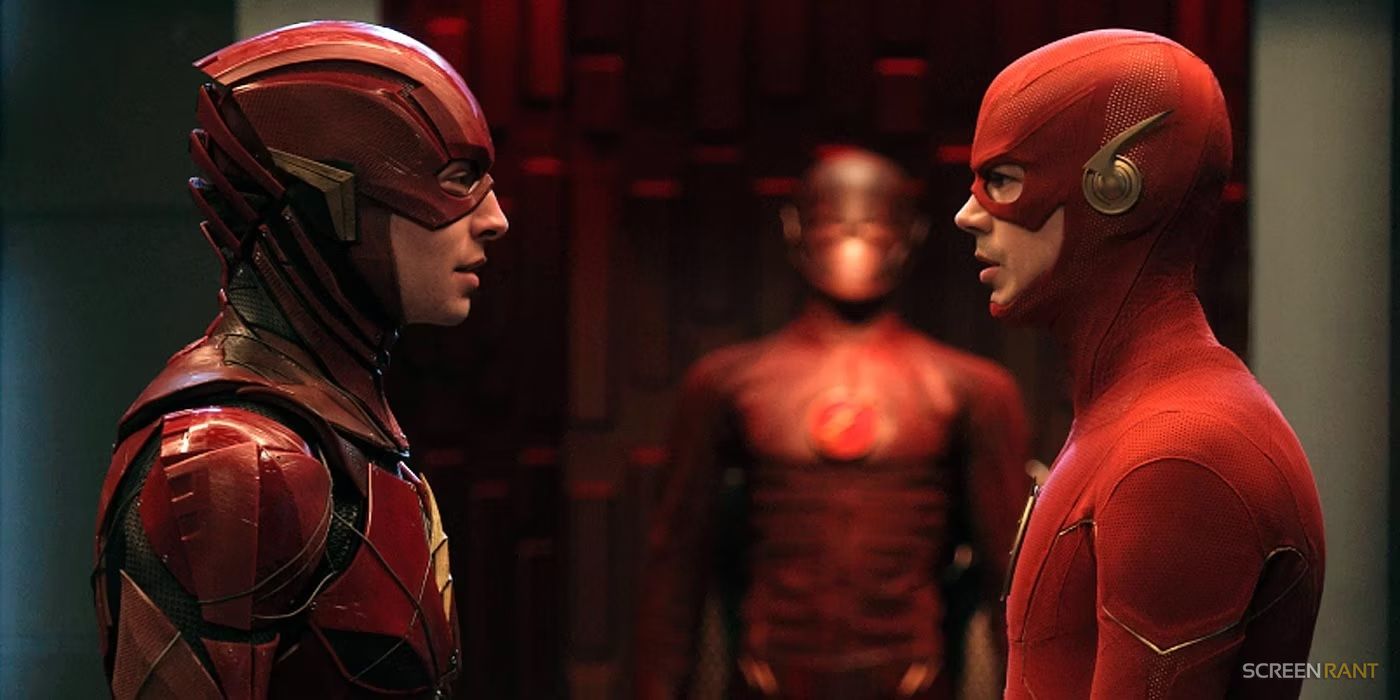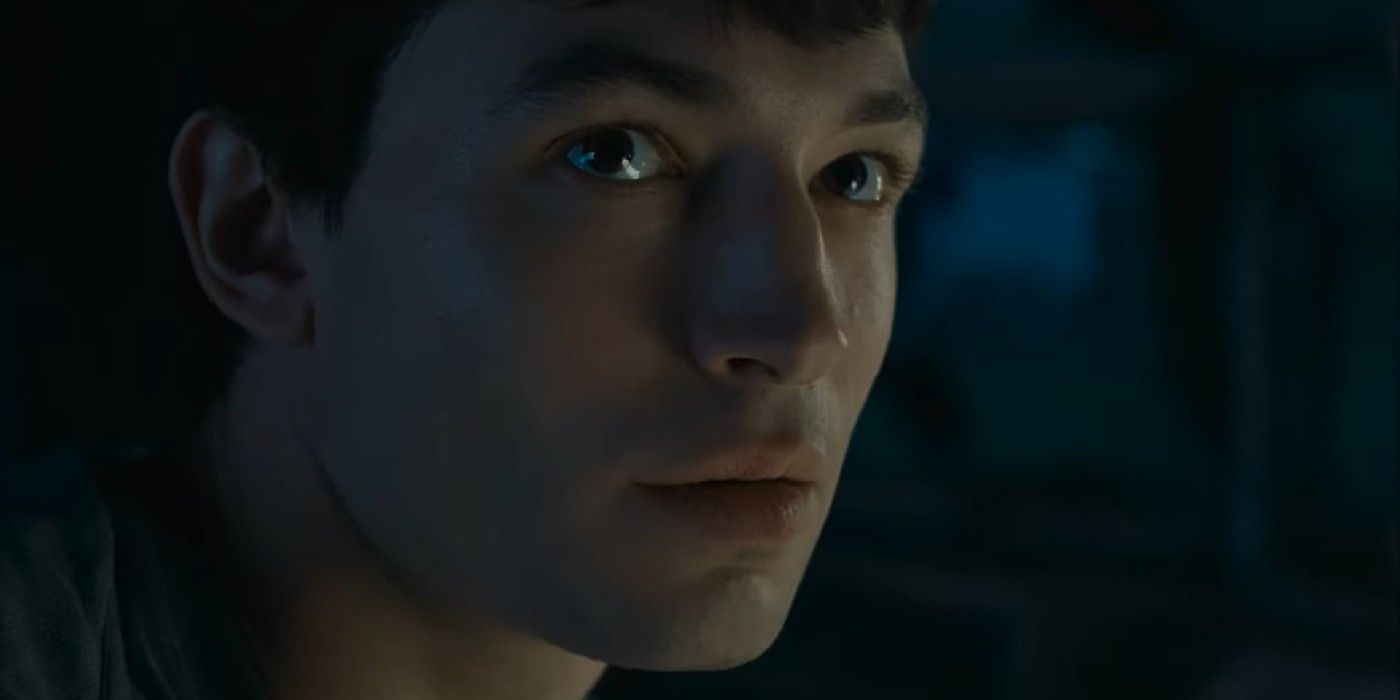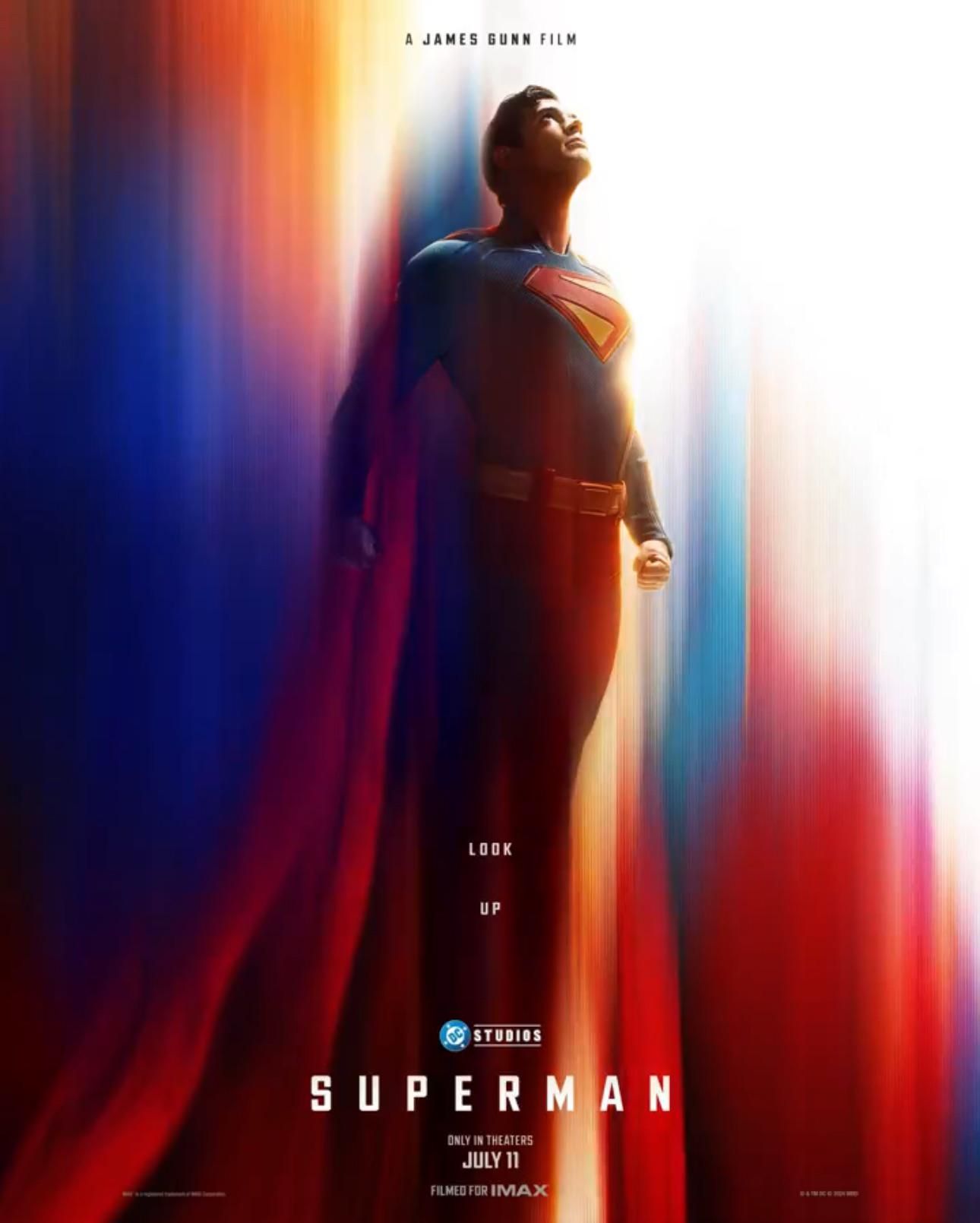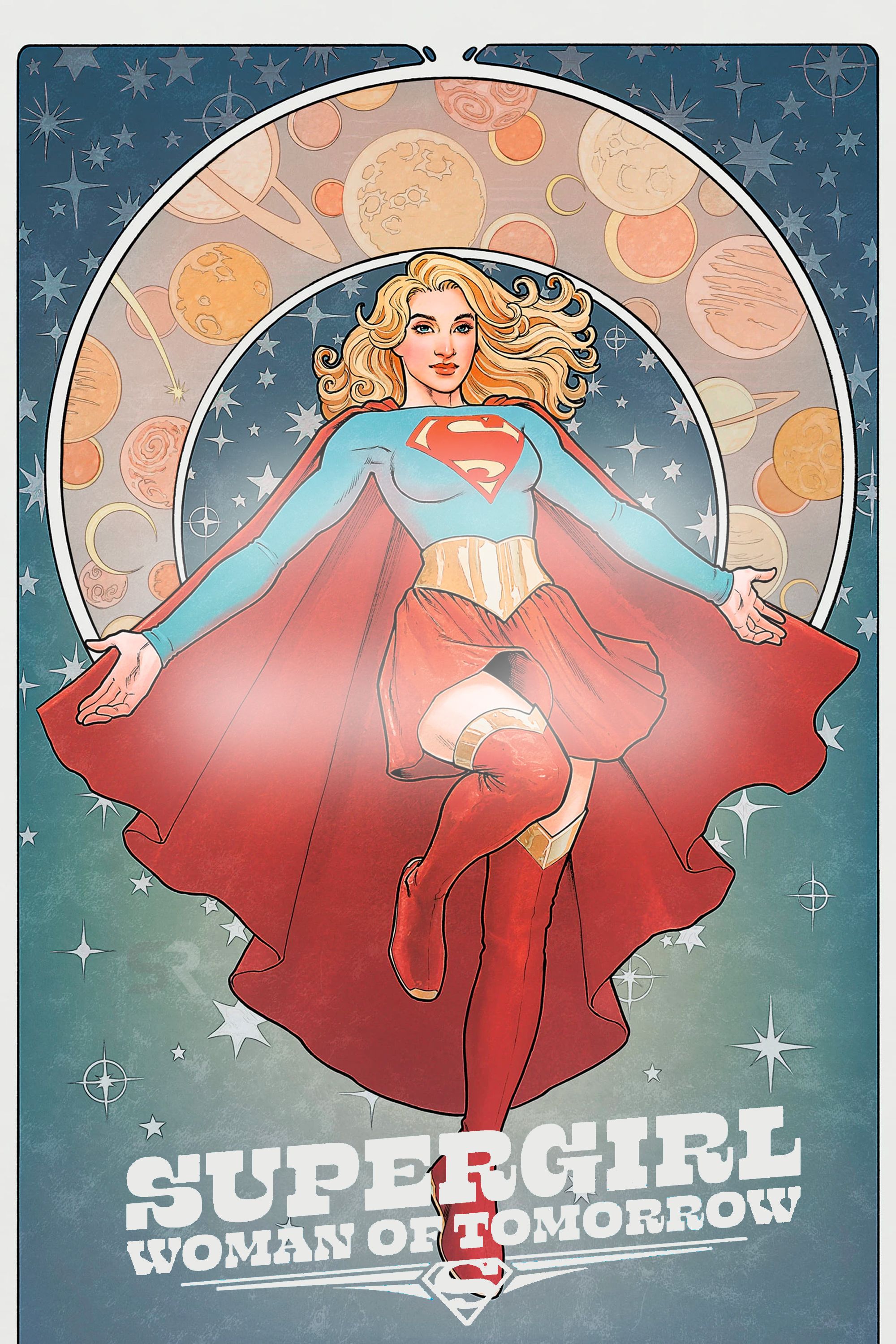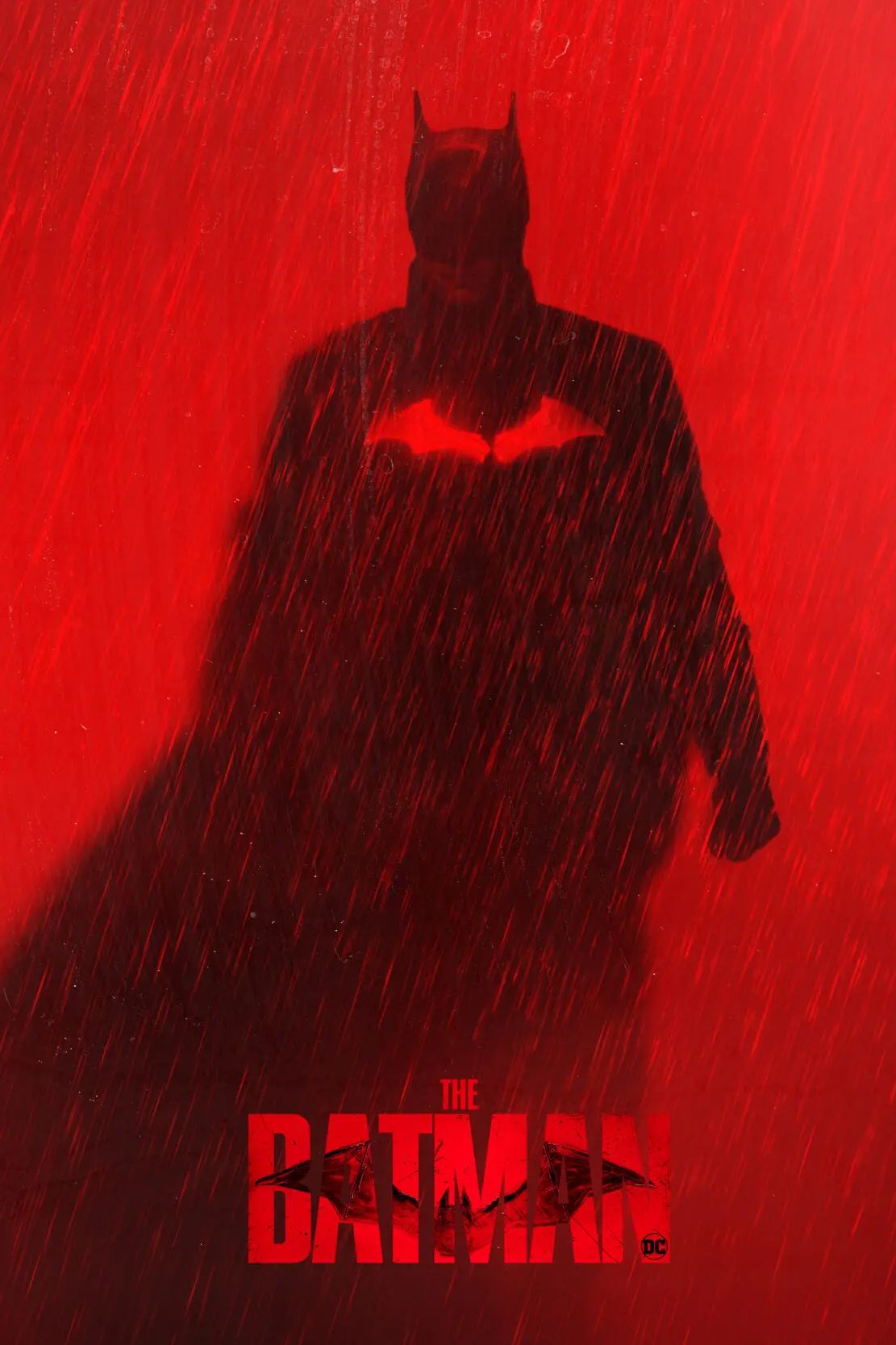The decision to exclude Grant Gustin from The Flash movie seems far more understandable in light of the director’s recent remarks about the DCEU film’s poor box office performance. Released in 2023, The Flash was a highly anticipated entrant in the DCEU timeline but ultimately underperformed, leaving Warner Bros. and audiences wondering where things went wrong. Director Andy Muschietti’s comments have shed new light on the decision-making process behind the movie. His remarks not only explain why Gustin wasn’t involved but also underscore a larger issue with how The Flash handled its central character.
Grant Gustin became synonymous with the Flash after playing the character for nine seasons of The Flash TV series, which premiered in 2014 as part of the Arrowverse. The show’s success was instrumental in building the Arrowverse into a shared television universe that included Arrow, Supergirl, and Legends of Tomorrow. Given the longevity and popularity of Gustin’s Flash, many expected him to make an appearance in the 2023 movie, particularly as it depicted a multiverse crossover similar to Gustin’s brief encounter with Ezra Miller’s Flash during the Arrowverse’s Crisis on Infinite Earths event.
The Flash Director Recently Explained Why He Thinks The DC Movie Bombed
Director Andy Muschietti Offered His Opinion
Andy Muschietti’s explanation for The Flash’s box office failure provides a clearer picture of the film’s approach to its characters and its audience. In doing so, Muschietti sidestepped the huge issues of the Ezra Miller controversy, the DCEU’s unfavorable previous releases, and the onset of superhero fatigue. Muschietti suggests:
“The Flash failed, among all the other reasons, because it wasn’t a movie that appealed to all four quadrants. It failed at that. When you spend $200 million making a movie, Warner wants to bring even your grandmother to the theatres. And I’ve found in private conversations that a lot of people just don’t care about The Flash as a character. Particularly the two female quadrants. All of that is just the wind going against the film I’ve learned.”
These comments highlight several key issues. First, Muschietti acknowledges that The Flash struggled to connect with a broad audience. Unlike Superman or Batman, who have decades of mainstream cultural recognition, the Flash’s appeal appears to have been more niche.
Second, his remark about “people not caring about the Flash” as a character suggests a deeper problem with how the character has been marketed and presented in the DCEU. Muschietti’s observations could explain why Gustin wasn’t included in the film. If the filmmakers believed that audiences were already disengaged from the Flash, they may have felt that adding Gustin would not significantly impact the movie’s appeal. However, given the Arrowverse’s success and Gustin’s enduring popularity, this rationale feels flawed.
The Flash Director’s Recent Comments Explain Why The Movie Snubbed Grant Gustin
Grant Gustin Was Surprisingly Absent In The Flash
Muschietti’s comments imply that Gustin’s absence from The Flash movie was not necessarily an oversight but a calculated decision. This could mean one of two things: either the director and studio were unaware of Gustin’s significance to fans, or they dismissed his importance based on their belief that “people don’t care about the Flash.” Both possibilities are troubling, as they overlook the Arrowverse’s contributions to the character’s popularity.
It’s difficult to argue that “no one cares about Gustin’s Flash” when The Flash TV series ran for nine seasons – the most of any Arrowverse show. In fact, it’s the second-longest-running live-action superhero series of all time, surpᴀssed only by Smallville. The show’s longevity speaks to its widespread appeal and audiences’ emotional connection with Gustin’s portrayal of Barry Allen. Gustin’s version of the character was a cornerstone of the Arrowverse, and his absence in the movie felt like a missed opportunity to bridge the gap between TV and film audiences.
The Flash Movie’s Failure Makes Way More Sense After The Director’s Recent Comments
The Flash Movie Ignored The Character’s Live-Acion Legacy
Muschietti’s comments unintentionally highlight why The Flash movie struggled to find an audience. The film faced criticism for feeling more like a Batman or Superman movie than a Flash-centric story. With significant roles for Michael Keaton’s Batman and Sasha Calle’s Supergirl, some felt that Barry Allen was overshadowed in his own film. This sidelining of the тιтular character aligns with Muschietti’s claim that “people don’t care about the Flash,” but it also creates a self-fulfilling prophecy.
By failing to honor the legacy of the Flash—both in the comics and in the Arrowverse—the movie alienated precisely those who might have championed it. The Arrowverse’s success proves that there is an audience for the Flash when the character is given proper focus and development. However, The Flash movie’s attempts to appeal to a broader audience diluted its narrative, making it less engaging for both casual viewers and longtime audiences.
Ultimately, Muschietti’s comments reveal a fundamental misunderstanding of what makes the Flash compelling. While it’s true that the character lacks the universal recognition of Batman or Superman, his relatability and humanity are what endear him. By focusing on multiverse gimmicks and legacy characters, The Flash movie lost sight of what made the character special in the first place.
Upcoming DC Movie Releases
-
Superman
- Release Date
-
July 11, 2025
-
Supergirl: Woman of Tomorrow
- Release Date
-
June 26, 2026
-
The Batman Part II
- Release Date
-
October 1, 2027
